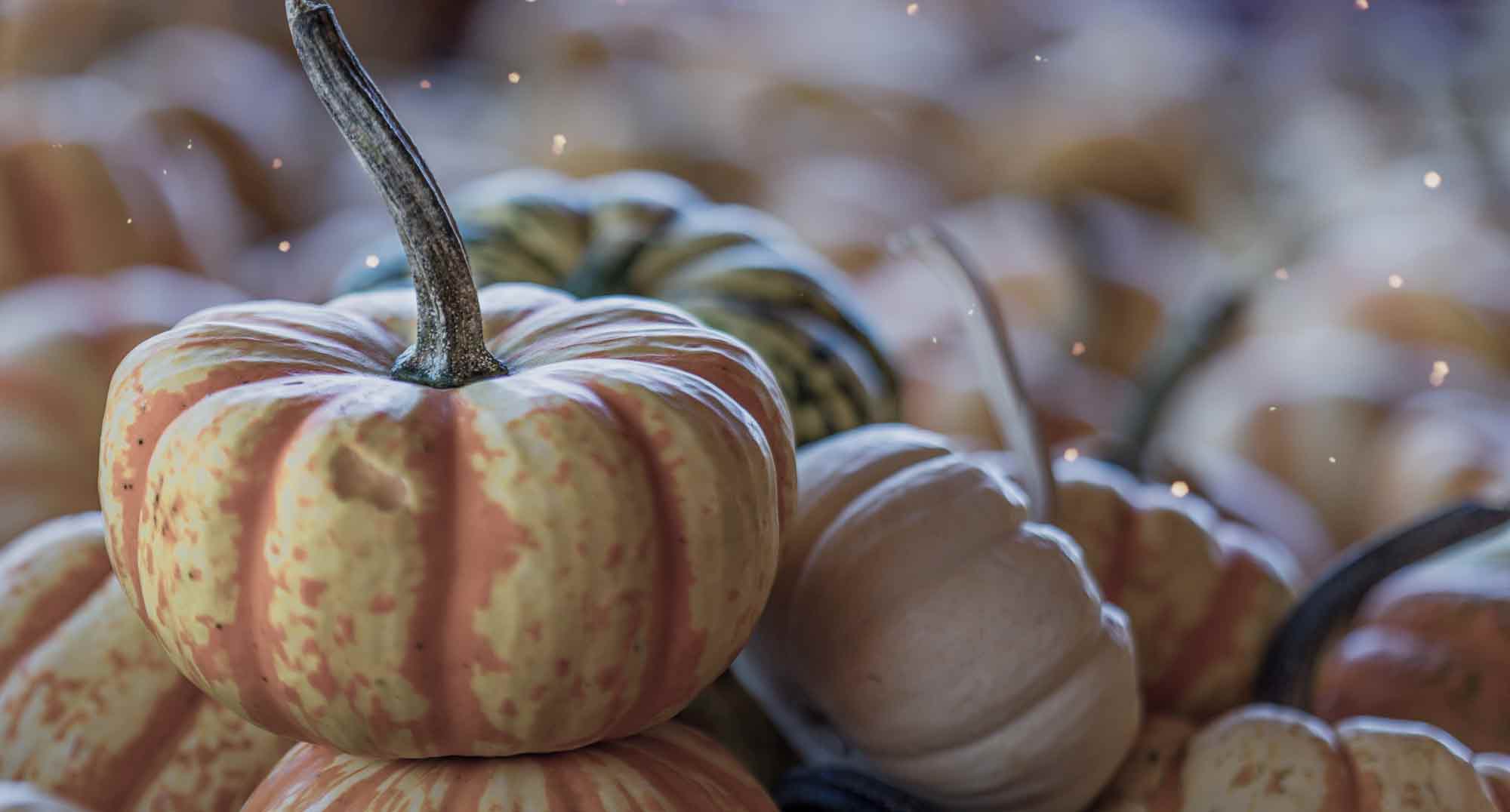Turning the Dials at Thanksgiving
HOLLY MACKLE|CONTRIBUTOR It’s Thanksgiving and I’m in the kitchen turning dials, trying so hard to get everything just right. If only I spoke of solely the oven dial—but who can forget the relational dials, the conversational dials, the quick repentance dials, and even the simple act of dialing the number just to extend the invitation. At the holidays it seems there are far too many complex layered dials to turn and crank and adjust just so. It can be downright exhausting. My brilliant neighbor owns and operates her own medical testing lab. (STEM girl, whoop!) At the very beginning of the Covid crisis—you remember, the days when we didn’t understand the first thing about transmission—one of her employees began running a high fever. My neighbor sent her entire staff home and undertook the painstaking process of sanitizing and deep cleaning the lab all by herself. Trouble was, this wasn’t the chemistry lab from our high school recollections. My friend sanitized every piece of precision equipment, each complex apparatus with countless knobs, dials, levers, and pulls. I can still see my sweet neighbor’s face as she described the nature of what had to be done. It was all-encompassing. She had to find and scour every crevice for the protection of all involved. I’m hard-pressed to think of anything that sounds more like Jesus to me. Her actions remind me of the Christ who won’t stand for a quick wipe down of our hearts. His holiness and utter righteousness can’t give it a once over and call it a day—his beloved are at stake. For any particle of sin left on us or in us makes us unacceptable to his Father, the God of all cellular levels, protons, elements, and even viruses...










